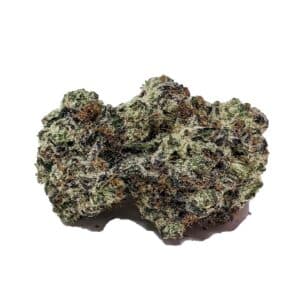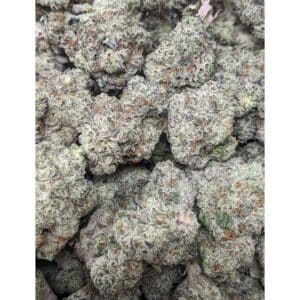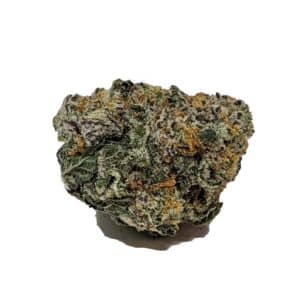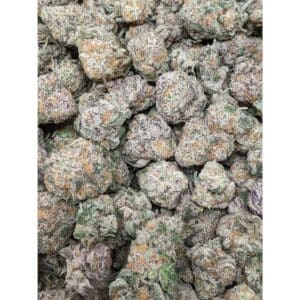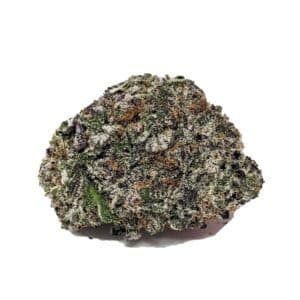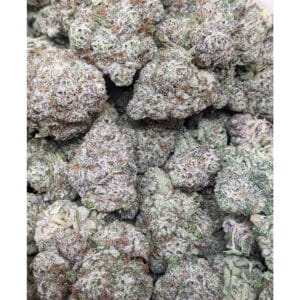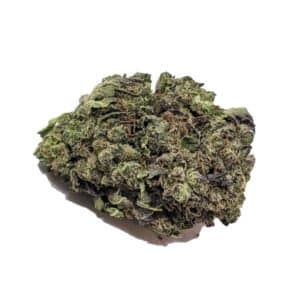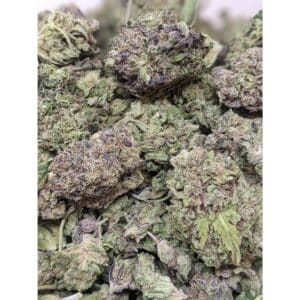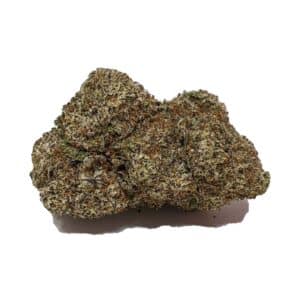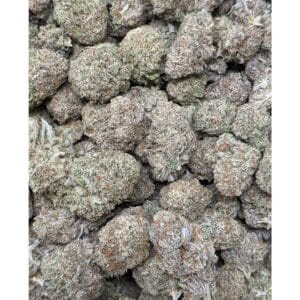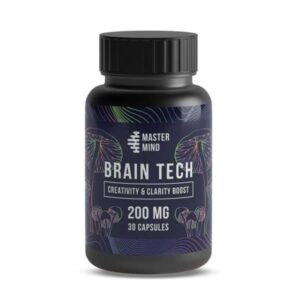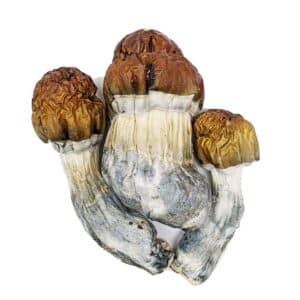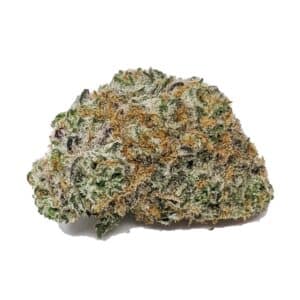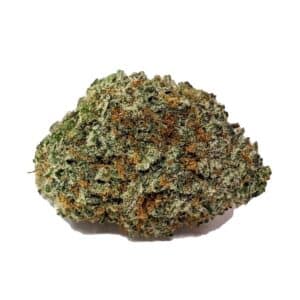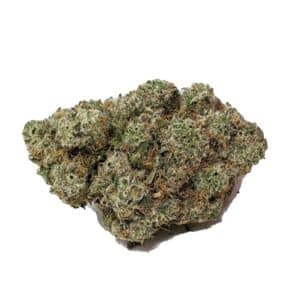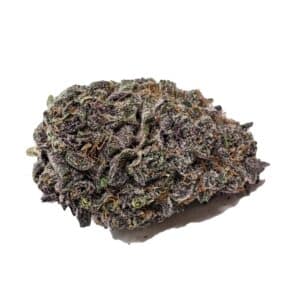Depression, a mental health condition affecting numerous individuals globally, has prompted the exploration of alternative remedies like cannabis. With a long history of medicinal use, cannabis, or marijuana, is being increasingly studied for its potential benefits in alleviating depression symptoms. If you’re interested in discovering whether cannabis can aid in managing your depression, continue reading for more insights into this topic.
What is Depression?
Depression affects the way a person thinks, feels, and behaves. It is a complex condition that can be caused by a variety of factors, including genetics, life events, and chemical imbalances in the brain. Symptoms of depression can include feelings of sadness, hopelessness, and a lack of interest in activities that were once enjoyable. Other symptoms include changes in appetite and sleep patterns, difficulty concentrating, and feelings of worthlessness or guilt. Depression can vary in severity, with some individuals experiencing mild symptoms that may be managed with self-care techniques, while others may require more intensive treatment such as therapy or medication.
Benefits of Cannabis for Depression
Cannabis offers potential benefits for individuals with depression, including:
- Mood improvement: Strains high in THC can induce feelings of relaxation and euphoria, which may help alleviate symptoms of depression and enhance mood.
- Anxiety reduction: CBD, a non-psychoactive compound in cannabis, has shown promise in reducing anxiety, a common symptom associated with depression.
- Pain management: Cannabis, particularly CBD-rich strains, may provide relief from physical pain often experienced by individuals with depression.
- Sleep support: Certain cannabis strains, especially those high in CBD, have sedative properties that can help regulate sleep patterns, addressing one of the common challenges faced by people with depression.
- Neuroprotective effects: CBD has demonstrated potential neuroprotective properties, which may protect the brain from damage and support overall brain health in individuals with depression.
Cannabis Strains for Depression
Not all cannabis strains are created equal. Some strains may have more potential benefits for depression than others. Sativa strains are known for their uplifting and energizing effects, while indica strains are known for their relaxing and calming effects. Hybrid strains are a mix of both sativa and indica strains.
Some of the best cannabis strains for depression are:
- Jack Herer: This sativa strain is known for its uplifting and euphoric effects. It can help improve mood and increase energy levels.
- Granddaddy Purple: This indica strain is known for its relaxing and calming effects. It can help alleviate symptoms of anxiety and depression.
- Harlequin: This hybrid strain is known for its high CBD content, which can help alleviate symptoms of depression without the psychoactive effects of THC.
It is essential to note that cannabis affects everyone differently, and what works for one person may not work for another. It is crucial to experiment with different strains and find one that works best for you.
Methods of Consumption
Cannabis can be consumed in various forms, such as smoking, vaping, edibles, tinctures, and topicals. The method of consumption can affect the onset and duration of the effects.
Smoking and vaping are the most common methods of consumption. Smoking cannabis involves inhaling the smoke produced by burning the plant, while vaping involves heating the plant to produce vapor. Both methods have a rapid onset of effects, but the effects may not last as long as other methods.
Edibles are food products that are infused with cannabis. They have a slower onset of effects but can last longer than smoking or vaping. Tinctures are liquid extracts of cannabis that can be added to food or drinks or taken sublingually (under the tongue). They have a faster onset of effects than edibles but may not last as long.
Topicals are cannabis-infused products such as creams, lotions, and balms that are applied directly to the skin. They have no psychoactive effects and are primarily used for localized pain relief.
Risks and Side Effects of Cannabis Use
Common side effects of cannabis include dry mouth, red eyes, increased heart rate, impaired coordination, and short-term memory loss. In some cases, cannabis can also cause feelings of anxiety or paranoia, particularly when used in high doses or by individuals sensitive to its effects. To mitigate these risks, it’s recommended to start with a low dosage and gradually increase as needed, choose strains with balanced levels of THC and CBD, and consider alternative consumption methods such as vaporizing or using edibles. It’s also crucial to use cannabis responsibly, in a safe environment, and avoid activities that require alertness or coordination while under its influence. Consulting with a healthcare professional can provide personalized guidance and ensure any potential interactions with other medications are taken into account.
Conclusion
In conclusion, cannabis shows promise as a potential tool for managing depression, but responsible use and professional guidance are crucial. Individual responses to cannabis can vary, and it’s important to be mindful of potential side effects. Seeking information from reputable sources and consulting healthcare professionals can help ensure safe and informed decision-making regarding cannabis use. If you’re considering exploring cannabis, it’s advised to visit buyweed.cc online dispensary, a trusted platform for your cannabis needs.






